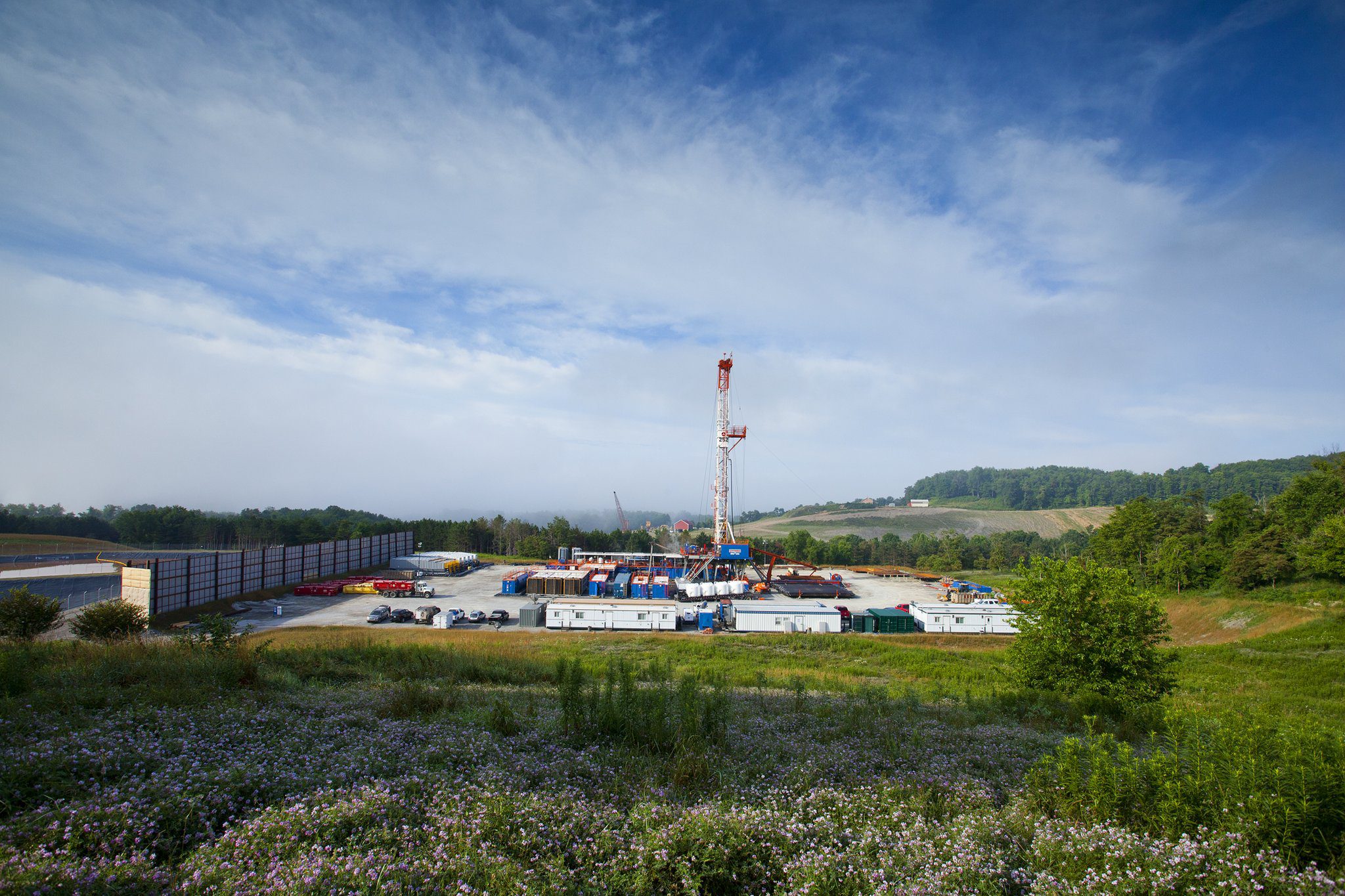In a surprising and *perhaps* politically driven set of statements in response to higher domestic fuel prices burdening American consumers, key White House advisors as well as President Biden himself are encouraging more global energy production, as the Associated Press reports under the headline “Biden team is seeking ways to address rising energy prices.”
White House national security advisor Jake Sullivan said in a statement yesterday that “competitive energy markets will ensure reliable and stable energy supplies” in calling on OPEC+ nations to boost production. “President Biden has made clear that he wants Americans to have access to affordable and reliable energy, including at the pump,” Sullivan continued.
These are great messages – which we hope lead to actions that truly place a priority on safe, responsible, job-creating American energy production – but they come on the heels of de facto bans on domestic development (think back to killing the Keystone XL pipeline on day one of the Biden Administration, the federal leasing moratorium, and inaction on DRBC’s fracking ban).
As one leading energy analyst, Phil Flynn, wrote yesterday:
U.S. energy producers…are the cleanest and most efficient producers on the face of the earth and could create high-paying U.S. union jobs.
Hopefully, this OPEC plea for more oil will be a wake-up call for the administration. It should start to realize that the best energy producer in the world is a U.S. energy oil and gas producer.
The Biden administration should work with them not against them. I’d much rather work with U.S. energy companies than have to beg OPEC and Russia for more oil.
Let U.S. energy and gas companies do their job and reduce our dependence on OPEC plus oil once and for all.
To truly “Build Back Better,” our energy policies should focus on doing more at home – using our abundant shale resources to further increase air quality and create even more good-paying union jobs. And as MSC president David Callahan wrote in a Pittsburgh Post-Gazette column earlier this year:
Our allies around the world, especially in developing regions, need affordable and cleaner energy. We have the opportunity to take a leadership role in meeting that demand, rather than ceding ground and political leverage to competing energy-producing nations that don’t produce energy in a way that’s anywhere close to how safely we do it here.





